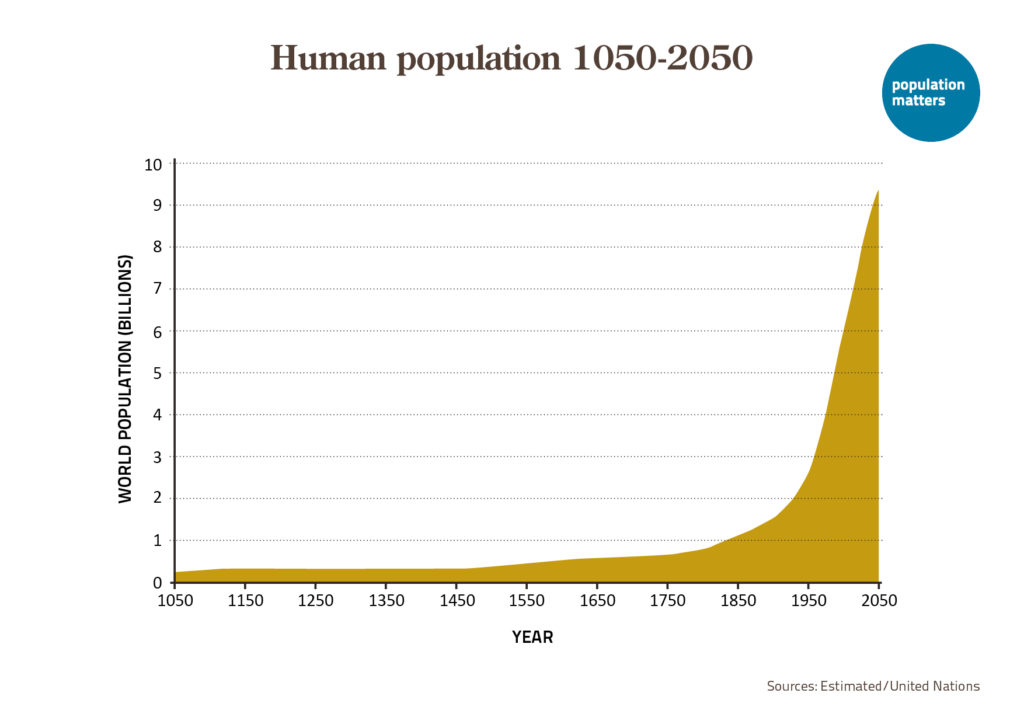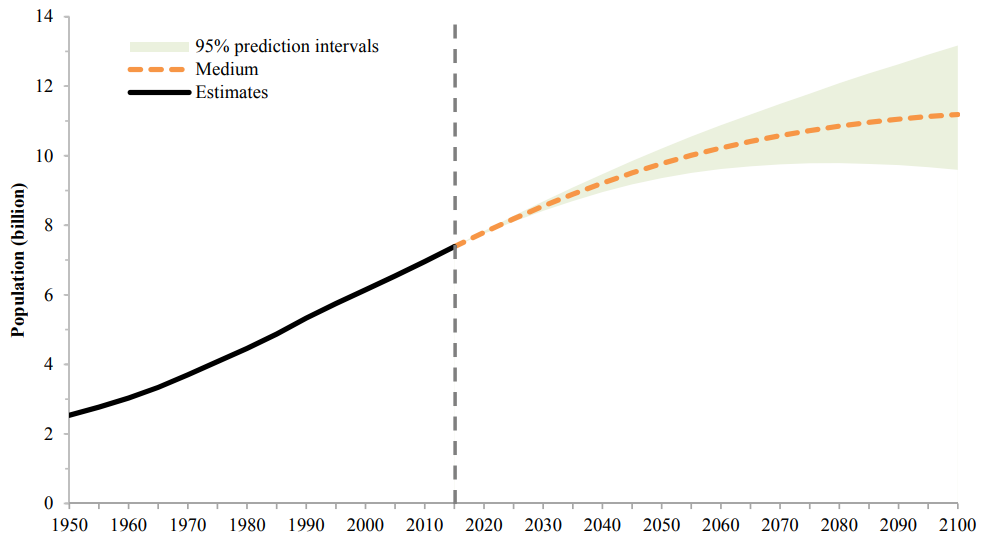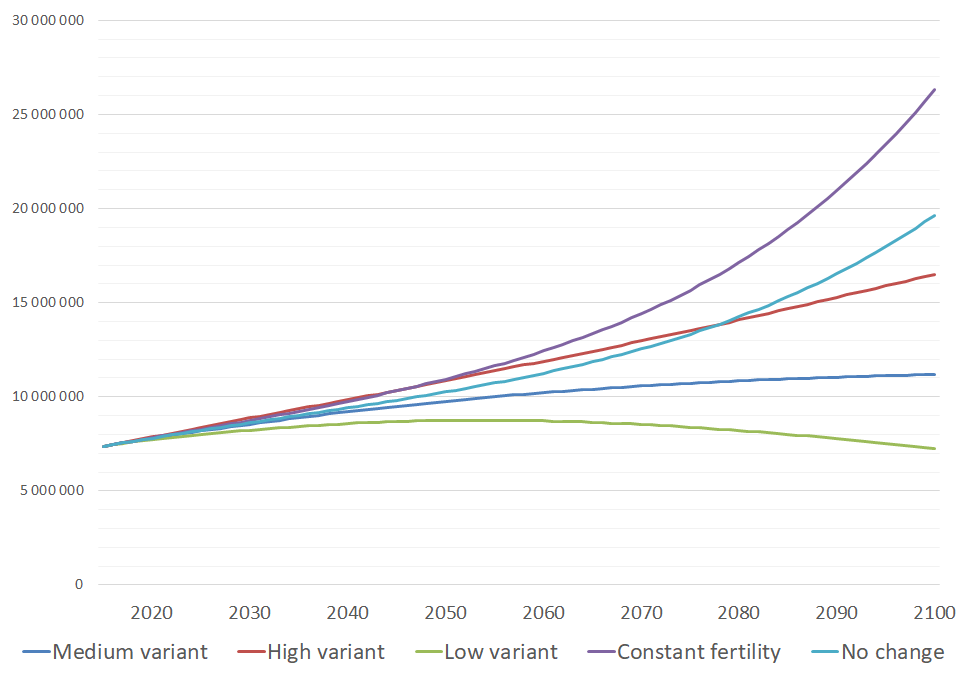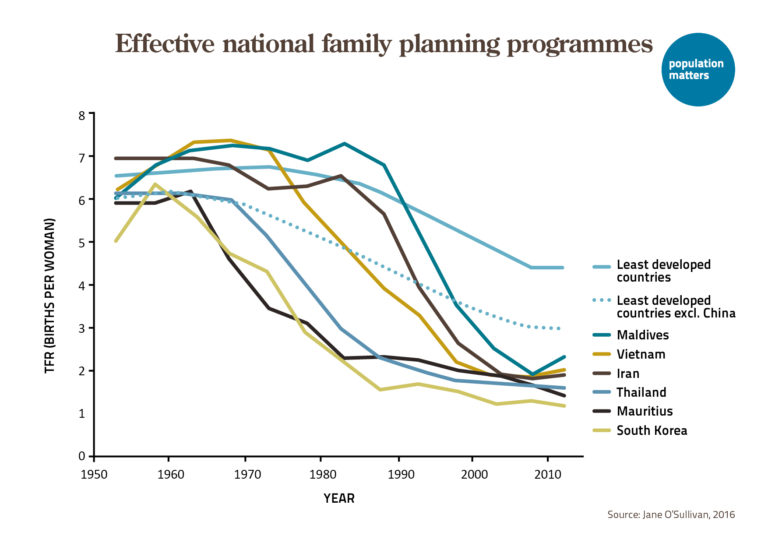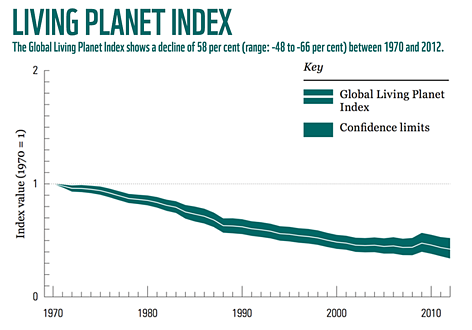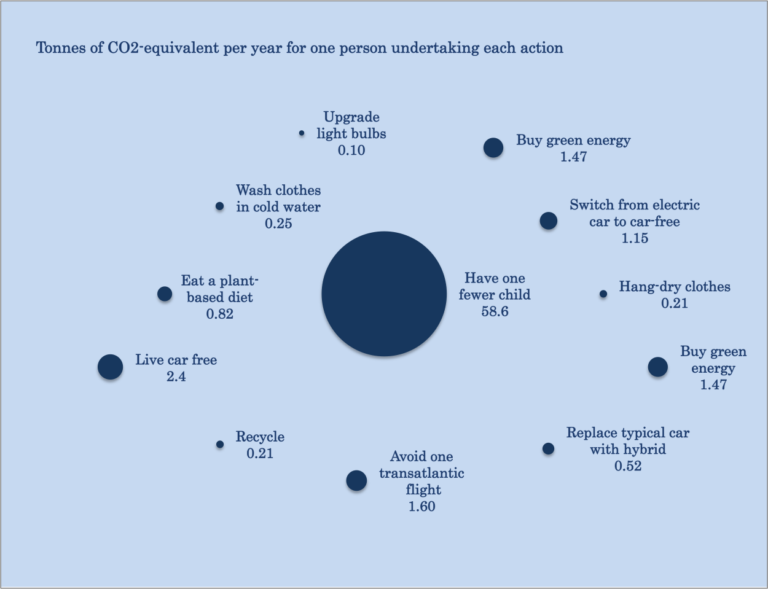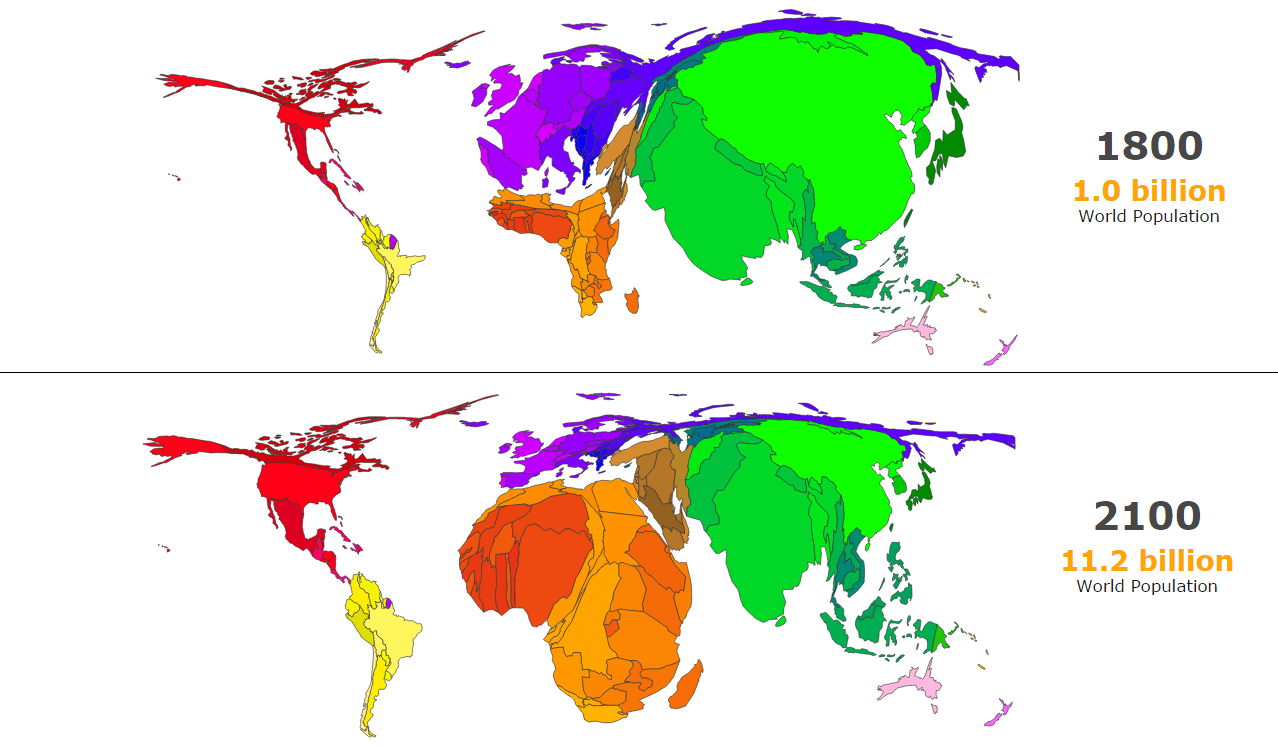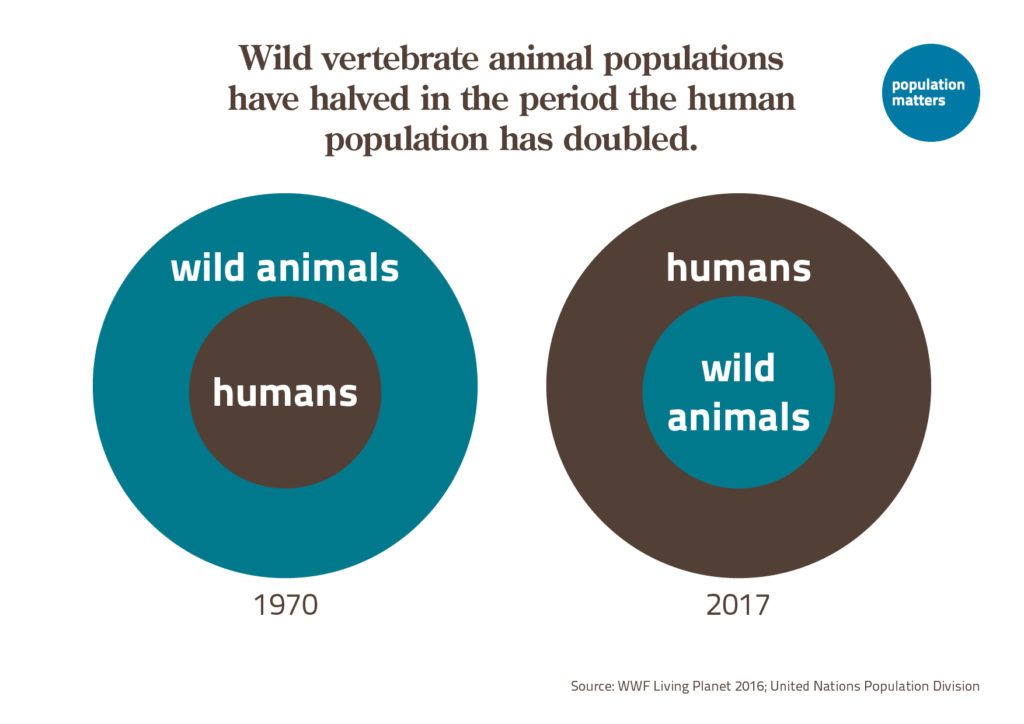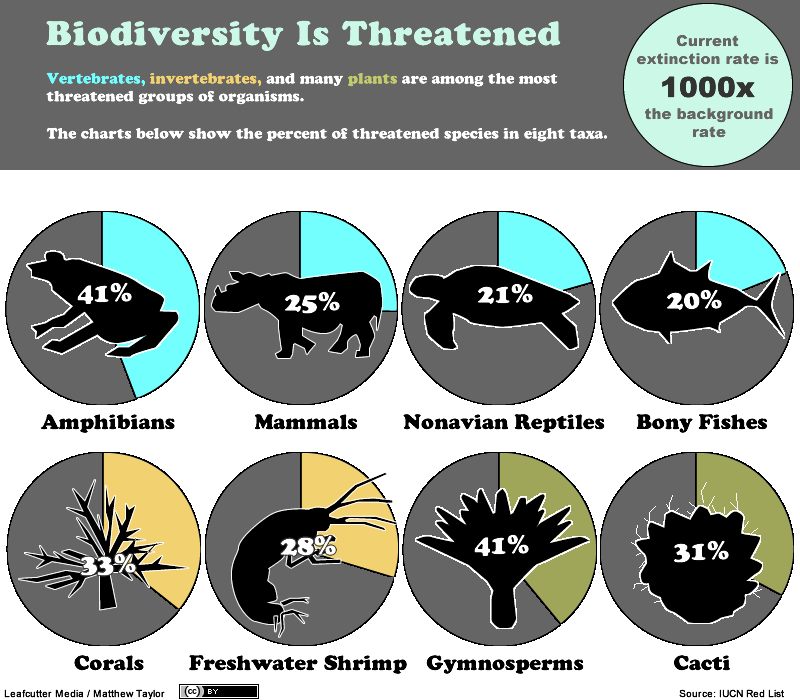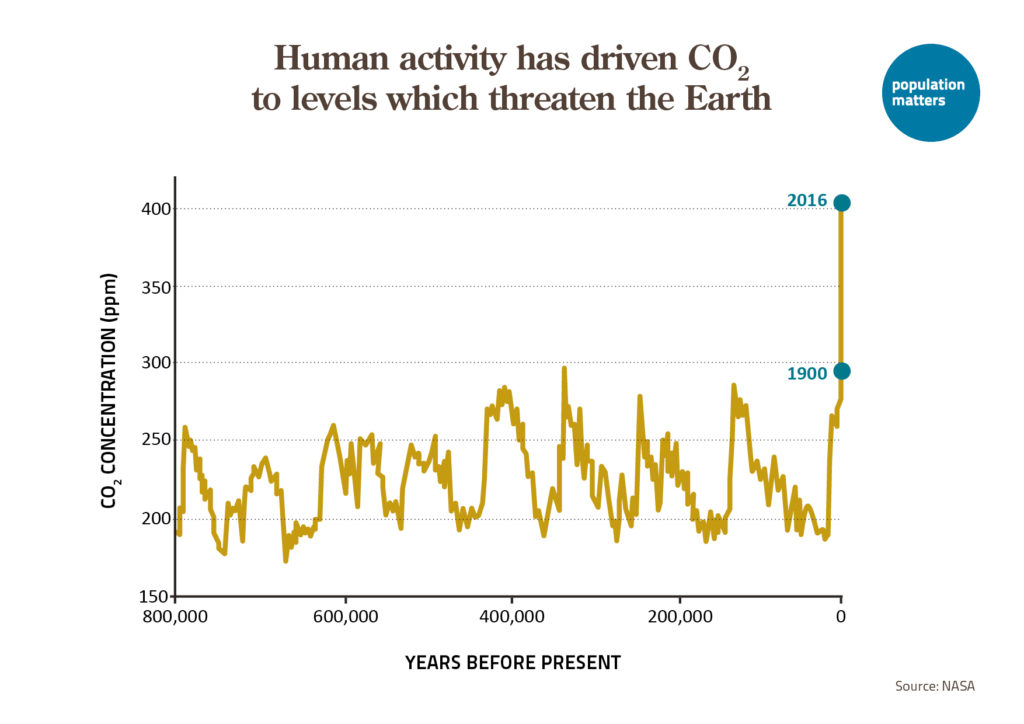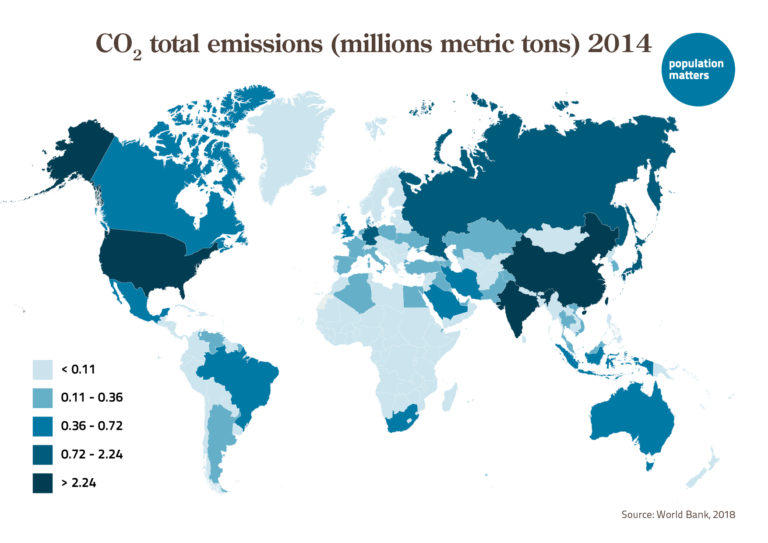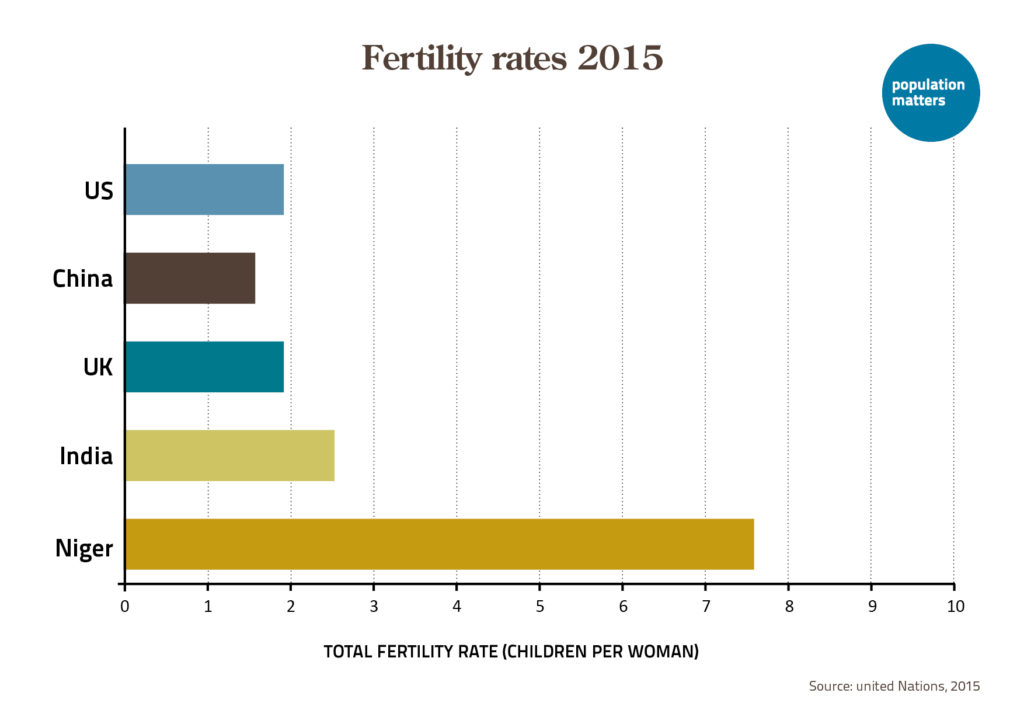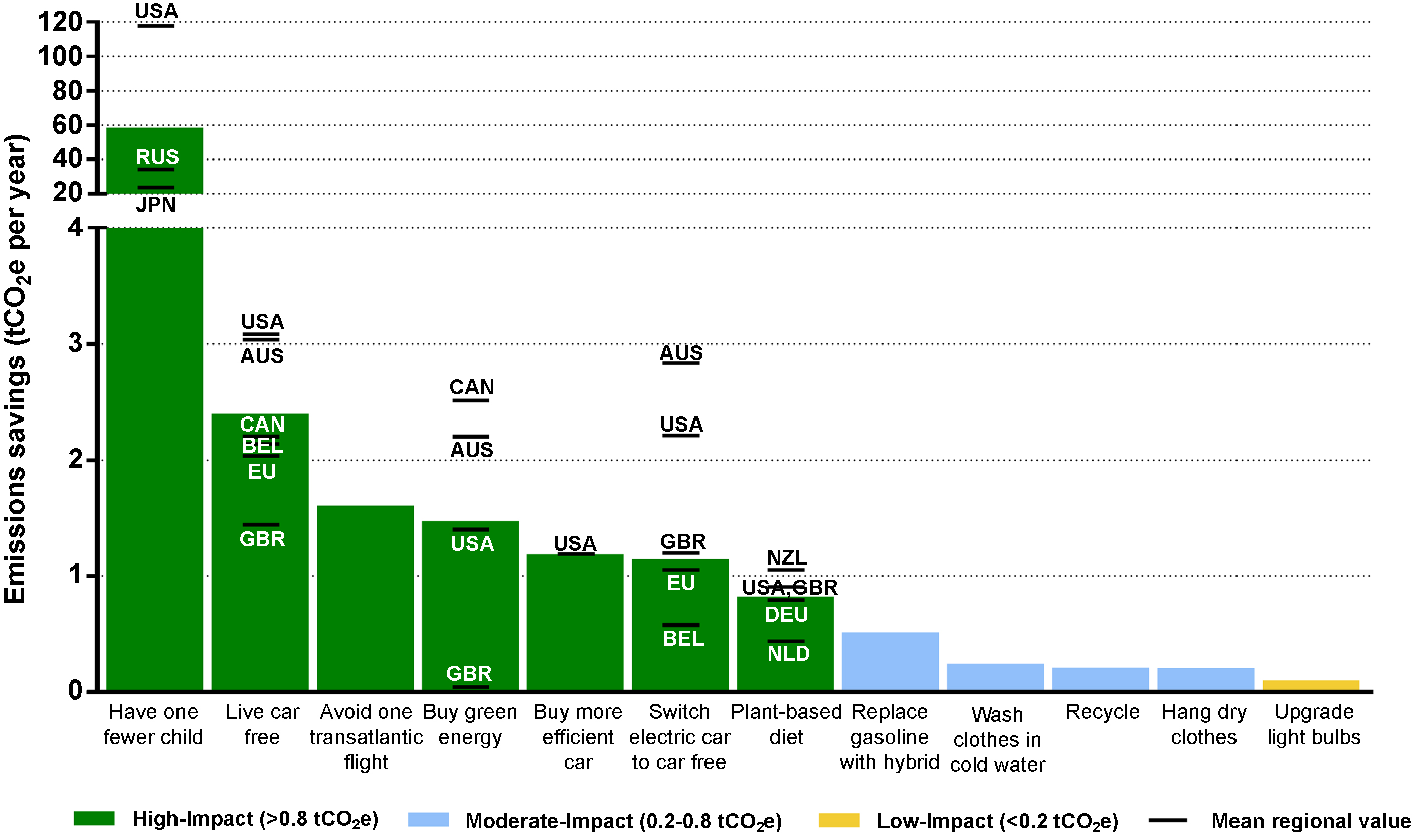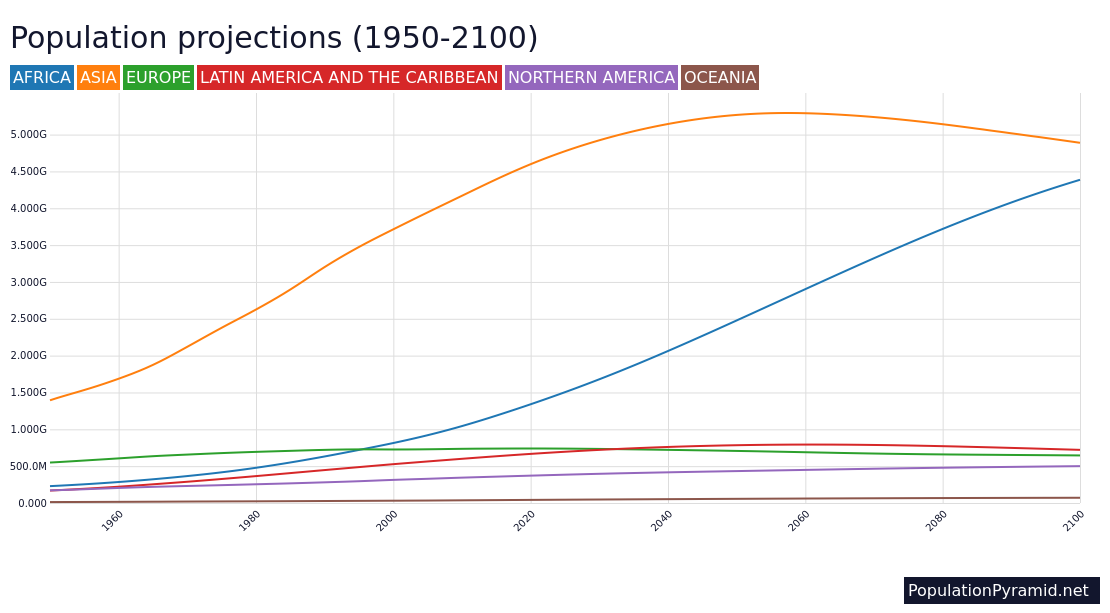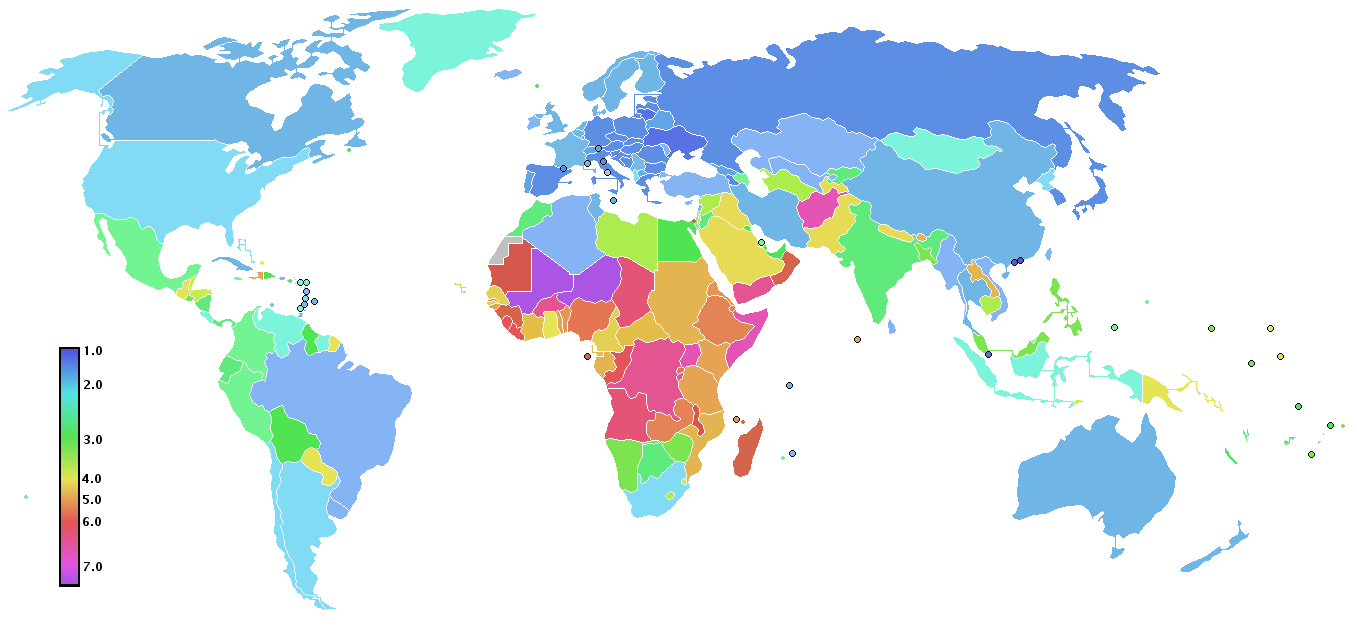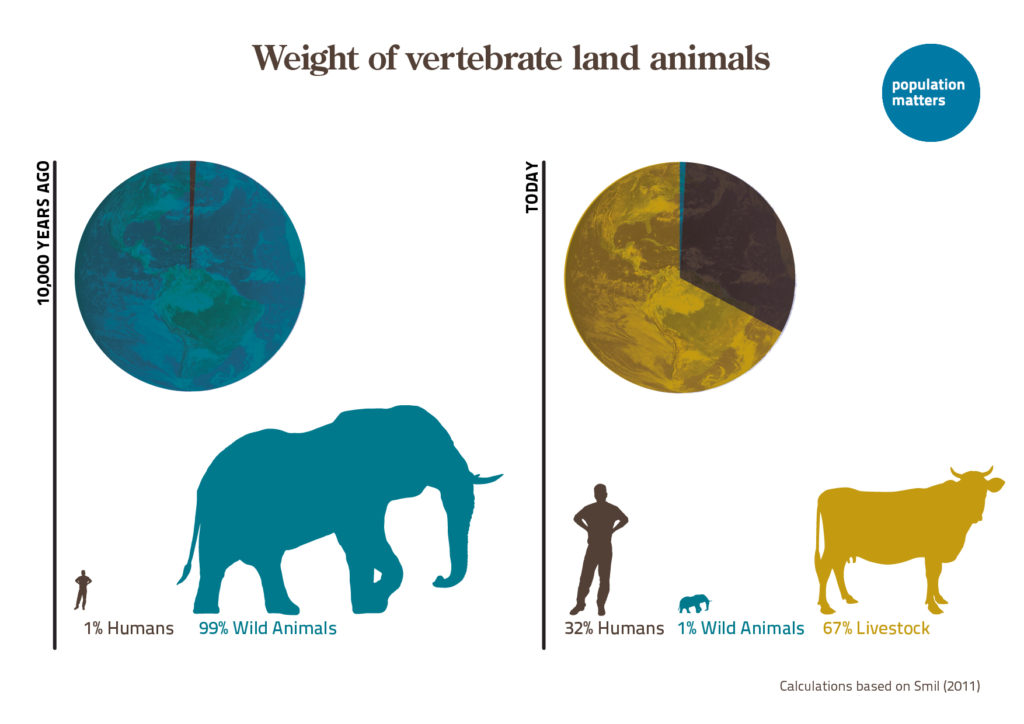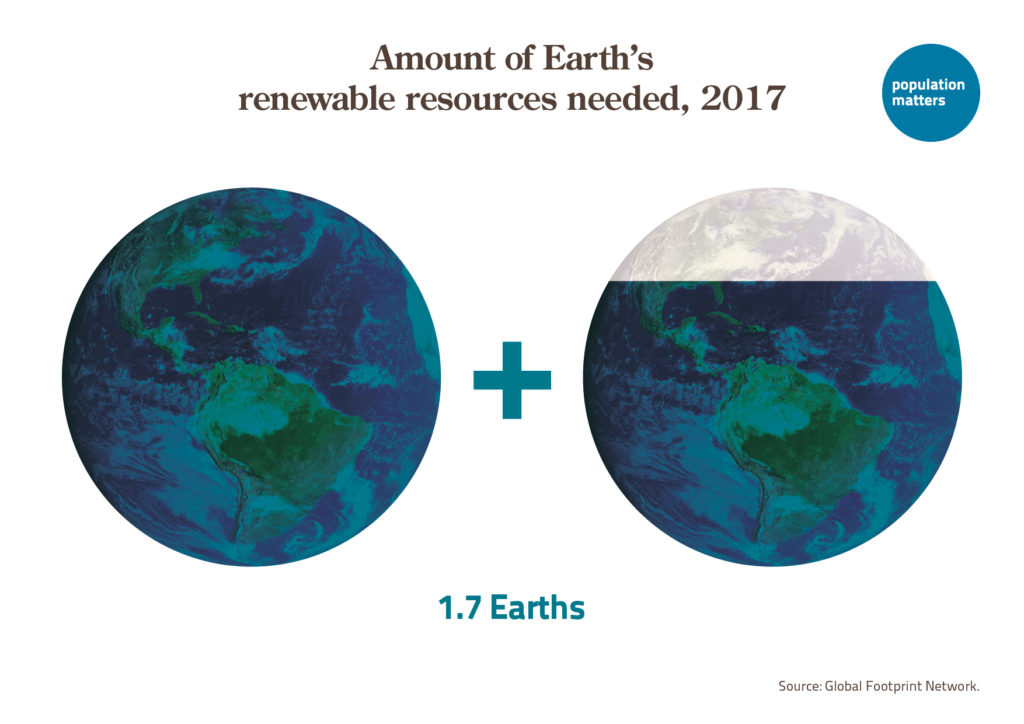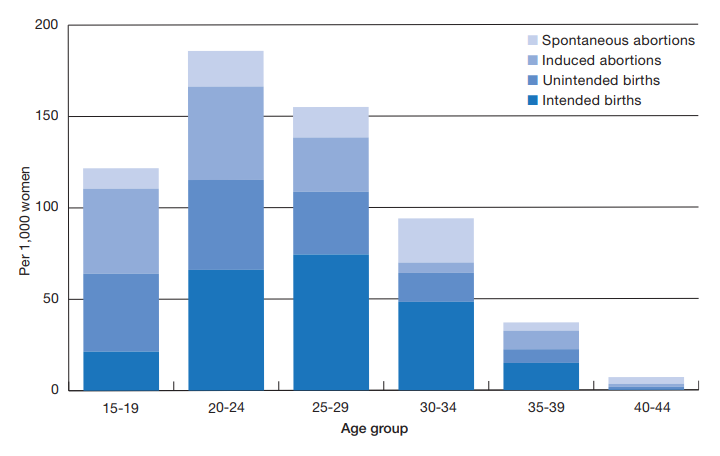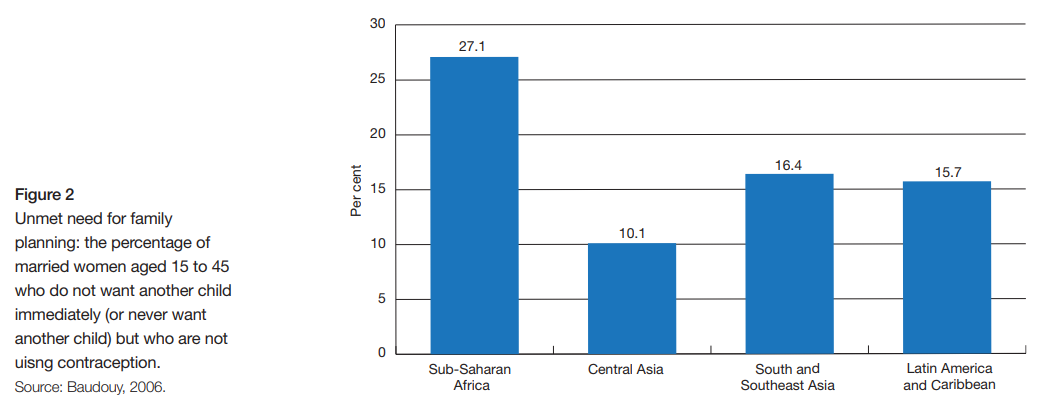Bongaarts (2016) – Slow down population growth
Bongaarts emphasizes that women everywhere should have access to quality contraceptive services. Population growth causes environmental degradation, economic stagnation, maternal mortality and political unrest. This paper provides an overview of what can be done to reduce rapid population growth with special regard to family planning. Family planning is highly relevant in developing countries, and family planning in international development aid should increase from 1% to 2%.
Engelman et al. (2016) – The Family Planning and Environmental Sustainability Assessment (Worldwatch Institute)
This assessment surveys recently published health and environmental research to address two questions:
1) Does evidence support the claim that the practice of voluntary family planning promotes environmental benefits and helps lead to an environmentally sustainable world that meets human needs? 2) Is this connection of interest to researchers and others, of both sexes, as well as developed and developing countries around the world?
Speidel et al. (2014) – By slowing population growth, family planning can help address food insecurity and climate change
This report argues, that slowing population growth by meeting the need for family planning is the most inexpensive way to improve food security and reduce emissions that cause climate change. Consequently, they suggest to make family planning a priority in the new Sustainable Development Goals.
Engelman – Nine Population Strategies to Stop Short of 9 Billion, In: State of the World (2012), Moving toward sustainable prosperity
What are the nine strategies that could put human population on an environmentally sustainable path? This chapter outlines a series of steps and initiatives that would all but guarantee declines in birthrates—based purely on the intention of women around the world to have small families or no children at all.
Grossman (2010) – Birds and Bees for Biologists
Arguments of an obstetrician-gynecologist, R. Grosmann, for voluntary family planning, sex-education and simpler lifestiyle, for the benefit of the natural world, especially for biodiversity.
Martine et al. (2013) – Urbanisation and fertility decline
Urbanization is making an important contribution to fertility reduction, particularly through its indirect influence via other fertility-reduction factors. Given the massive ongoing urban transition, well-managed urbanization is a structural change that could prove a formidable ally, not only to improving reproductive health, but also in bettering millions of lives.

